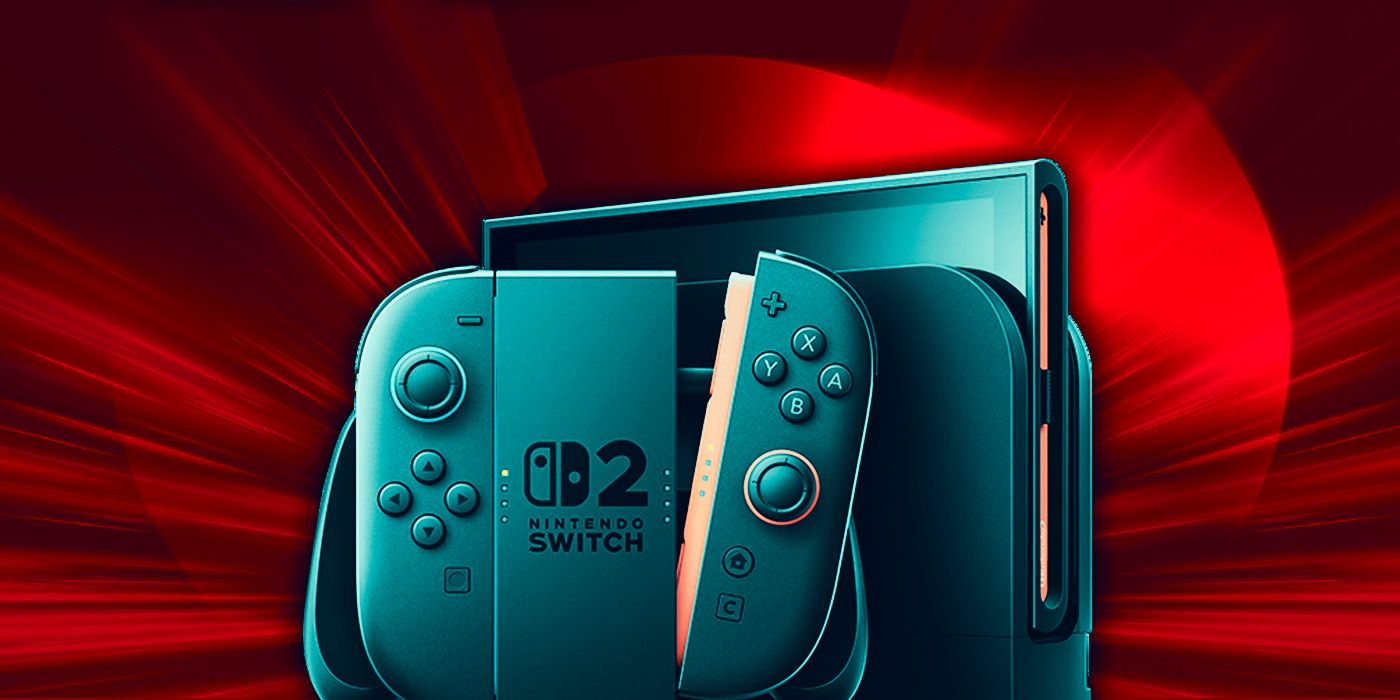The Nintendo Switch 2 has undeniably made a significant splash in the console market, achieving impressive hardware sales since its release. However, a concerning trend is emerging: third-party game sales are reportedly falling far short of expectations, leaving many developers scratching their heads.
Underperforming Expectations: A Developer’s Dilemma
Despite the console’s strong start, a recent report highlighted by a prominent developer reveals that third-party game sales on the Nintendo Switch 2 have been “below our lowest estimates.” This stark assessment underscores a significant challenge for publishers looking to capitalize on the new hardware’s success.
- Dominance of First-Party Titles: Data indicates a clear preference for Nintendo’s own titles. In the initial sales period, approximately 62% of physical game sales in the US and a staggering 86% in the UK were attributed to first-party games, such as Mario Kart World.
- Limited Third-Party Success: While the console has moved millions of units globally, this success hasn’t translated proportionally to third-party software. Only a handful of external titles have managed to break through, with Cyberpunk 2077 standing out as a notable exception, achieving strong sales figures.
The Game Key Card: A Potential Factor?
One theory circulating among industry analysts points to the Nintendo Switch 2’s “Game Key Card” system as a possible deterrent for some consumers. Unlike traditional physical cartridges, these cards often require a full digital download of the game. For players accustomed to the convenience of plug-and-play physical media, this change might be influencing purchasing decisions, especially for titles that are also readily available on other platforms with more conventional physical releases.
The top-selling physical games on the console further illustrate this trend, with Mario Kart World and The Legend of Zelda: Tears of the Kingdom Nintendo Switch 2 Edition consistently leading the charts, alongside the aforementioned Cyberpunk 2077. This pattern suggests that while players are embracing the new console, their spending habits for games remain heavily skewed towards Nintendo’s established franchises.
What This Means for the Future of Third-Party Support
The disparity between hardware and third-party software sales presents a critical challenge for Nintendo and its partners. For the Switch 2 to maintain long-term momentum and a diverse game library, strategies will be needed to boost the appeal and sales performance of third-party titles. Developers will be closely watching future sales trends to determine the viability of investing heavily in the platform.
Source: https://www.cbr.com/nintendo-switch-2-third-party-sales-bad/
